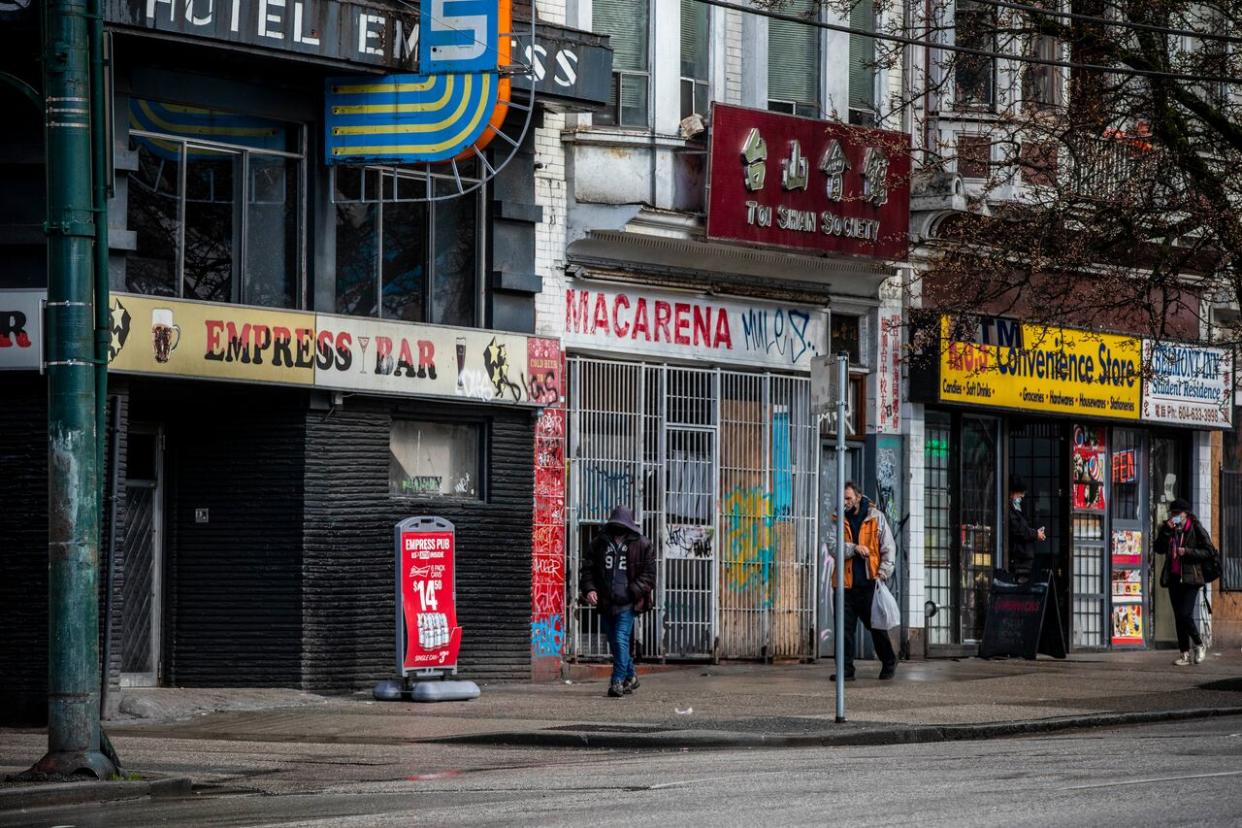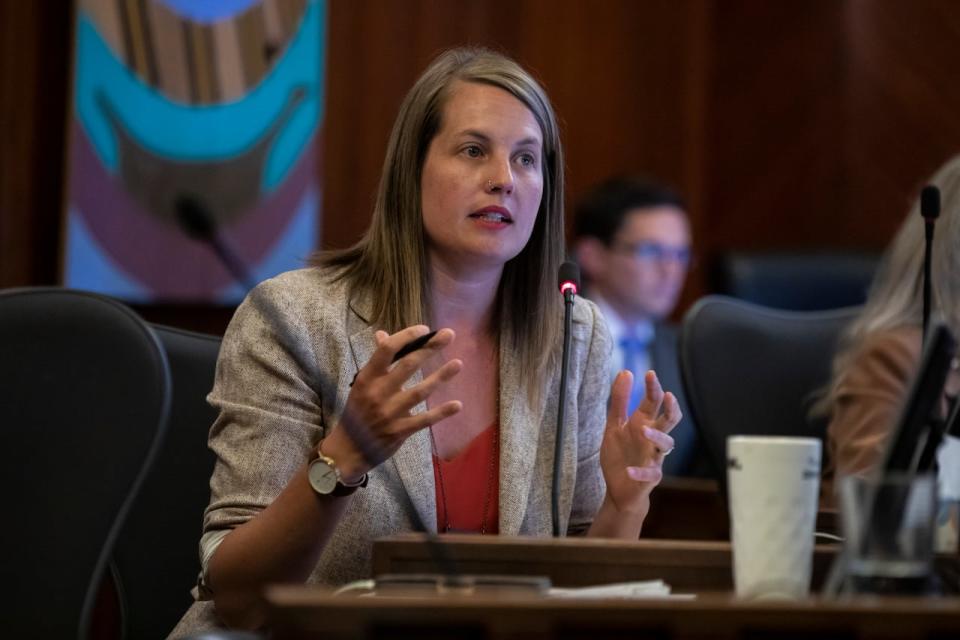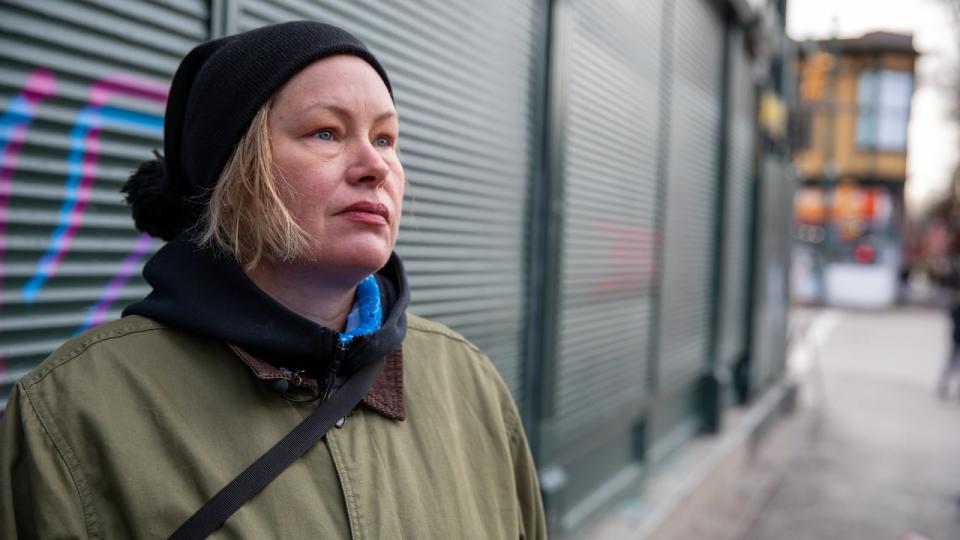Vancouver looking to expand Wi-Fi access in Downtown Eastside
- Oops!Something went wrong.Please try again later.

Vancouver City Council voted unanimously to explore the expansion of free public Wi-Fi access in the city's Downtown Eastside earlier this week.
OneCity Coun. Christine Boyle's motion asking staff to report back to council to expand public internet access in the city's poorest neighbourhood passed on Wednesday night.
The motion has been praised by residents of the neighbourhood, who have long argued a lack of accessible internet hampers them from accessing social services, including those needed for harm reduction while using drugs.
Boyle says her motion is an important piece of the puzzle as the city works to make its services in the Downtown Eastside more accessible.
"It's also an important tool to ensure that alerts or other important information, coming from us as a local government or the health authority ... that information is reaching residents who need to hear it," she told CBC News.
Boyle added that an expansion of wireless internet would help Downtown Eastside residents who are suffering from social isolation and its mental health impacts.
"Especially [for] those who are low-income ... allowing folks to be able to stay in touch with family is a really important way to support strong social networks, and [to] support people in getting back on their feet and staying healthy," the councillor said.
Boyle's motion asks staff to report back to council by the end of this year with a timeline and budget for the free Wi-Fi expansion, including a directive to consult with local businesses and community organizations.
Currently, the city's free Wi-Fi network is offered through a mix of private and public buildings, including libraries and community centres.

Vancouver City Councillor Christine Boyle's motion was passed unanimously on Wednesday. (Ben Nelms/CBC)
Community advocate praises move
Sarah Blyth, the executive director of the Overdose Prevention Society, has been pushing the city to expand Wi-Fi access in the Downtown Eastside for many months.
She praised Wednesday's motion, saying that a lack of free public internet hampers residents' ability to access government benefits, apply for jobs and access doctors and counsellors — many of whom moved online after the COVID-19 pandemic.
Boyle's motion also notes many harm reduction technologies, like Brave and Lifeguard, rely on internet access to work correctly. Blyth says access to apps like those can prevent drug users from using alone — which could prove life-saving amid the ongoing toxic drug crisis.
"Everybody needs to have internet in order to get ahead in the world, and we want people to get ahead," Blyth said.
"We don't want people to be stuck in poverty for eternity because they don't have access to some of the things that you need in order to get yourself ahead."

Sarah Blyth from the Overdose Prevention Society says internet access is often taken for granted but it can be a barrier to escaping poverty for many in the Downtown Eastside. (Andrew Lee/CBC)
Blyth says the city and province need to incentivize social housing providers and shelters to add free internet access when they construct new buildings.
"When they put out contracts to non-profit providers, they should be adding internet into those contracts, so that people with very little income have access," she said.
"It will make the way they're able to access services on the front lines a lot easier."

